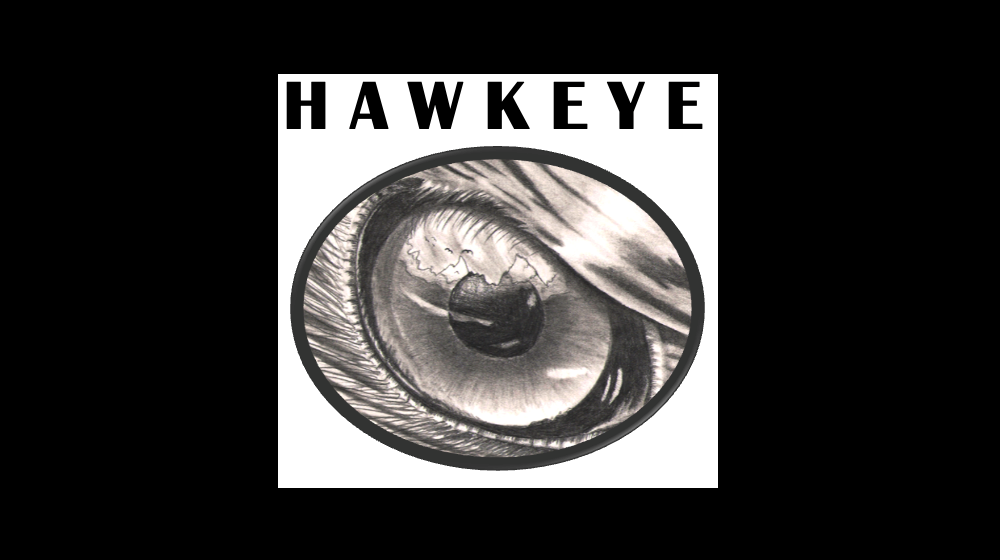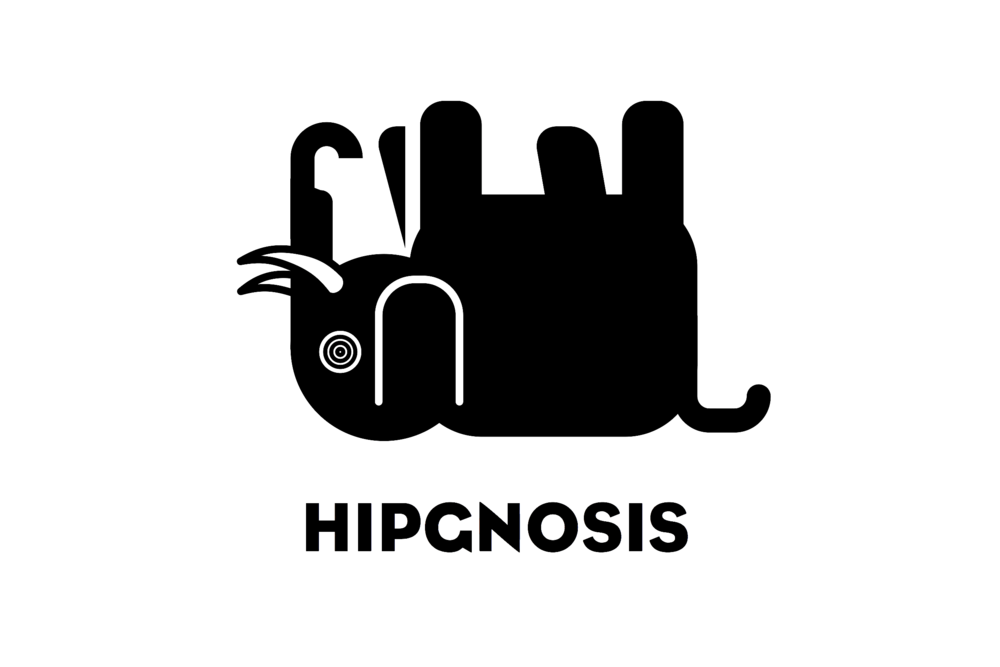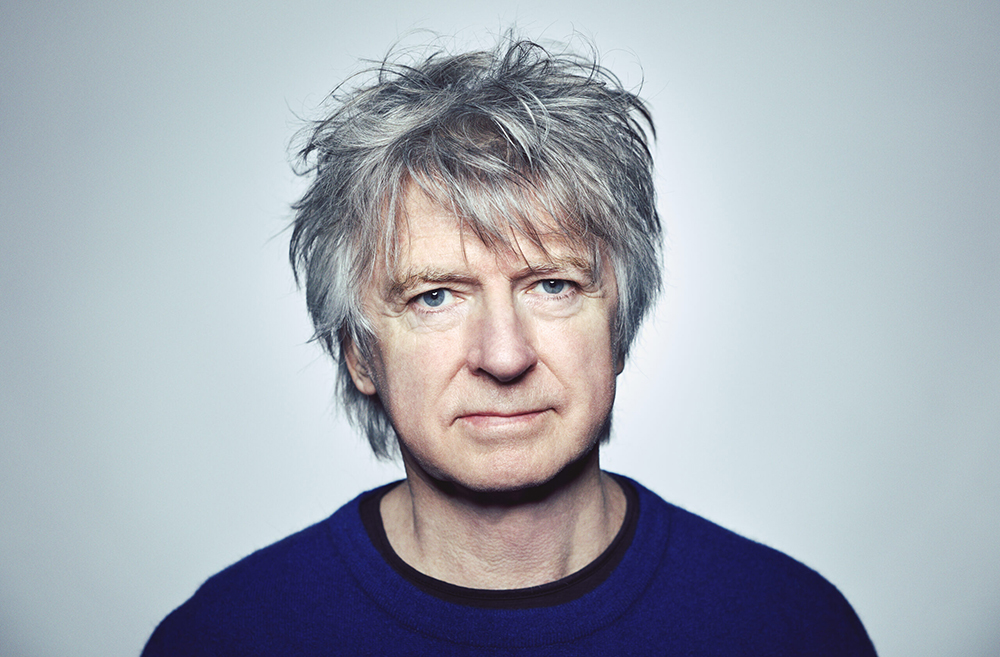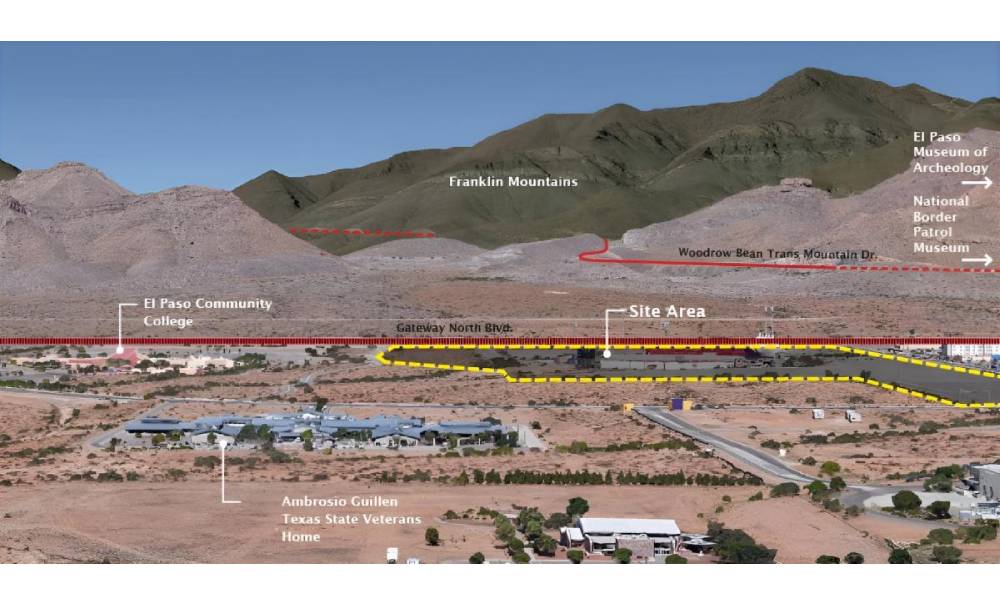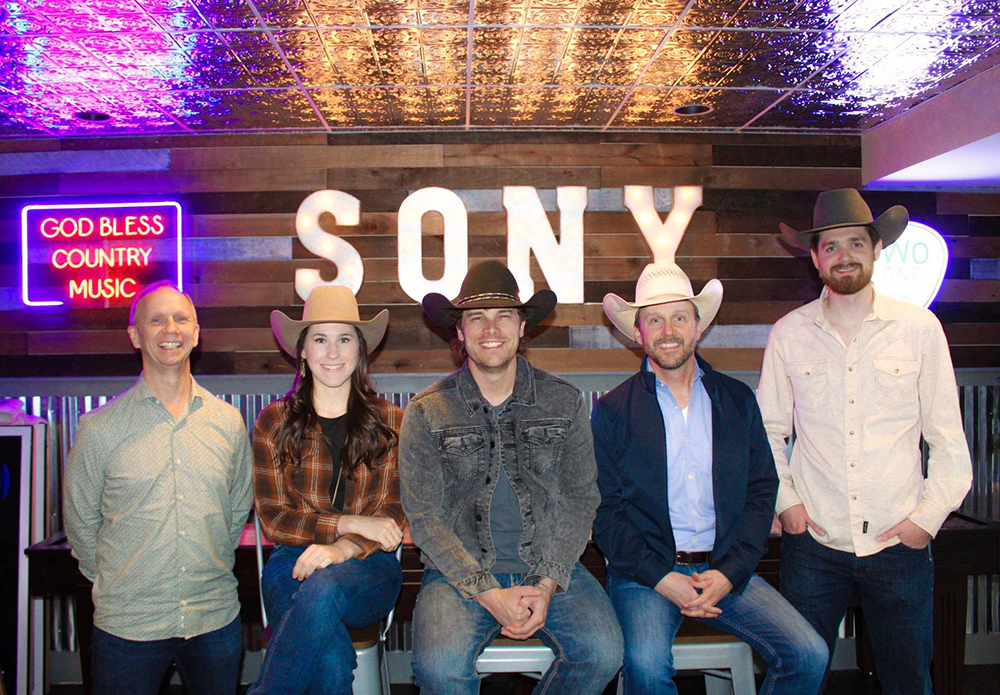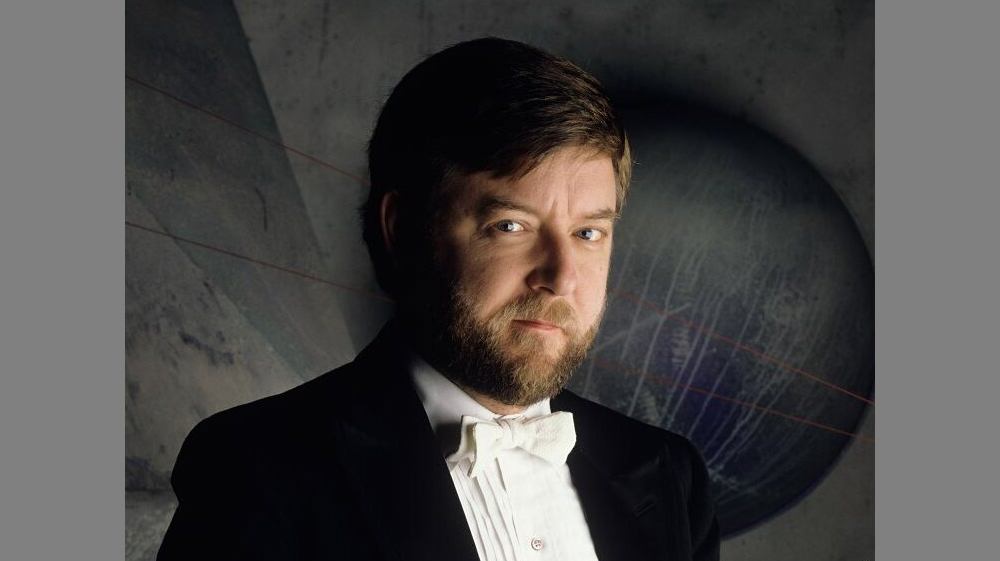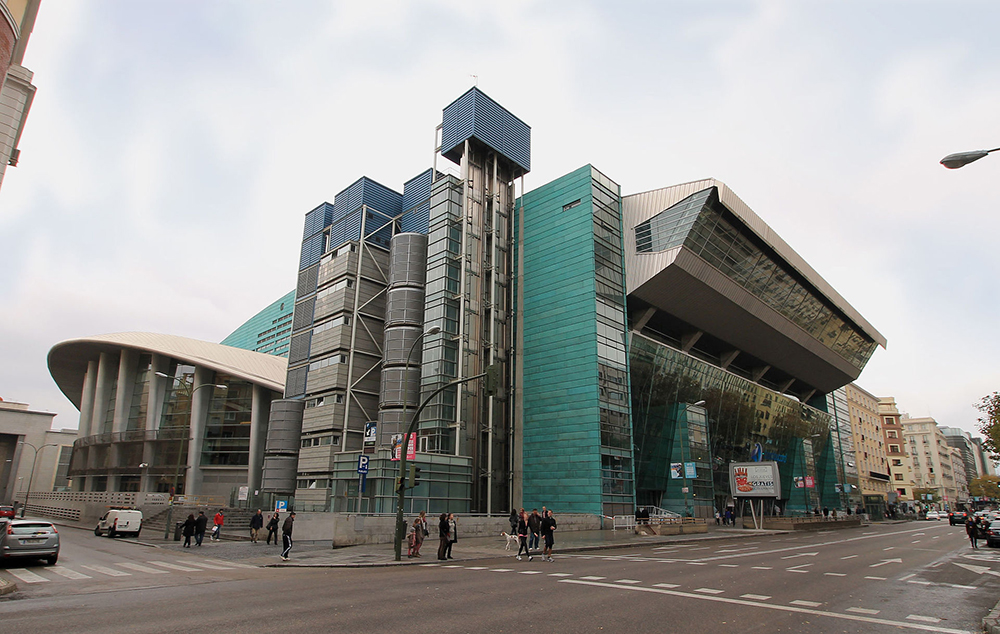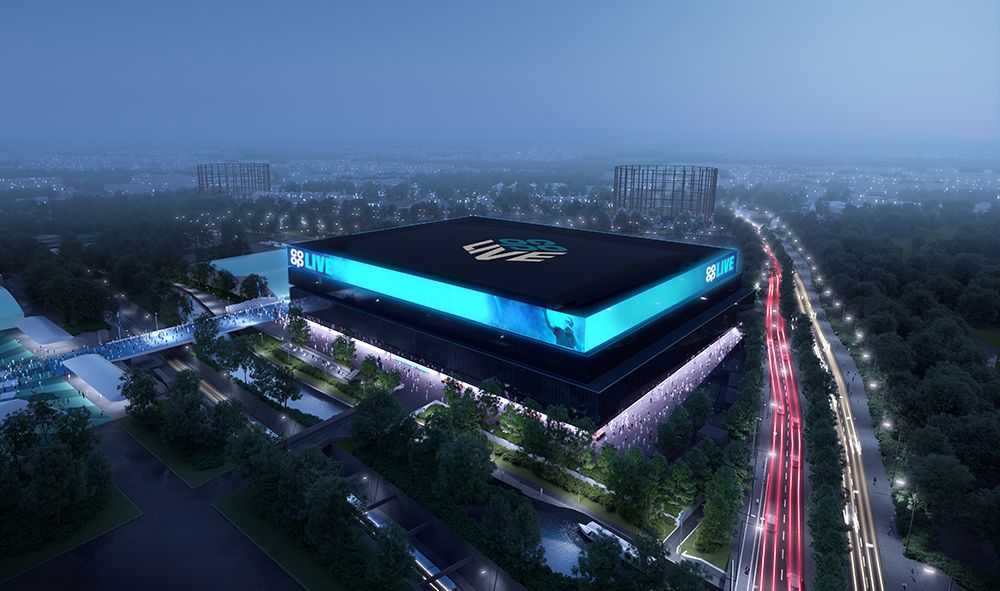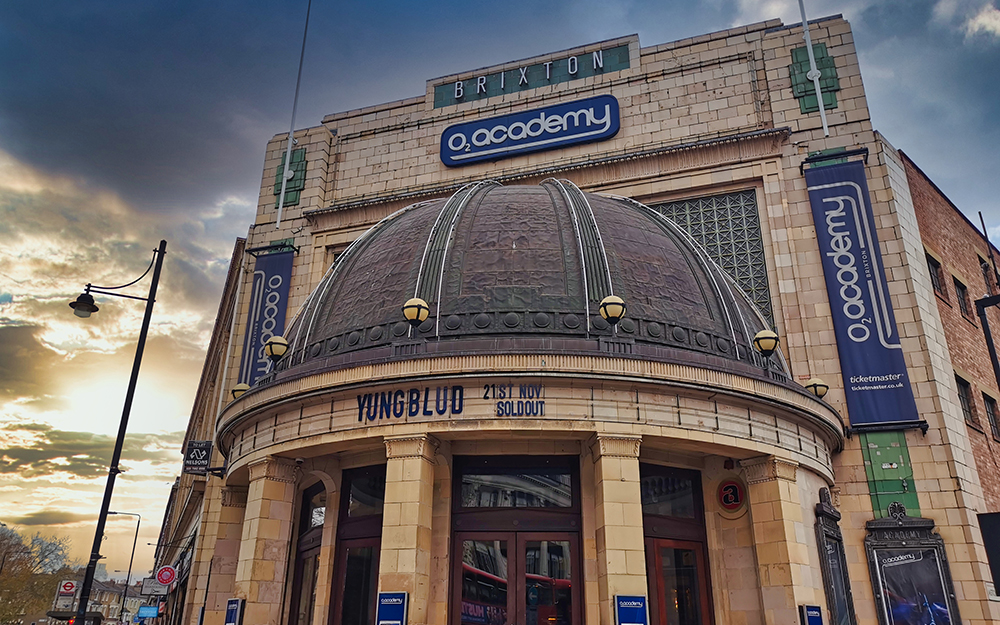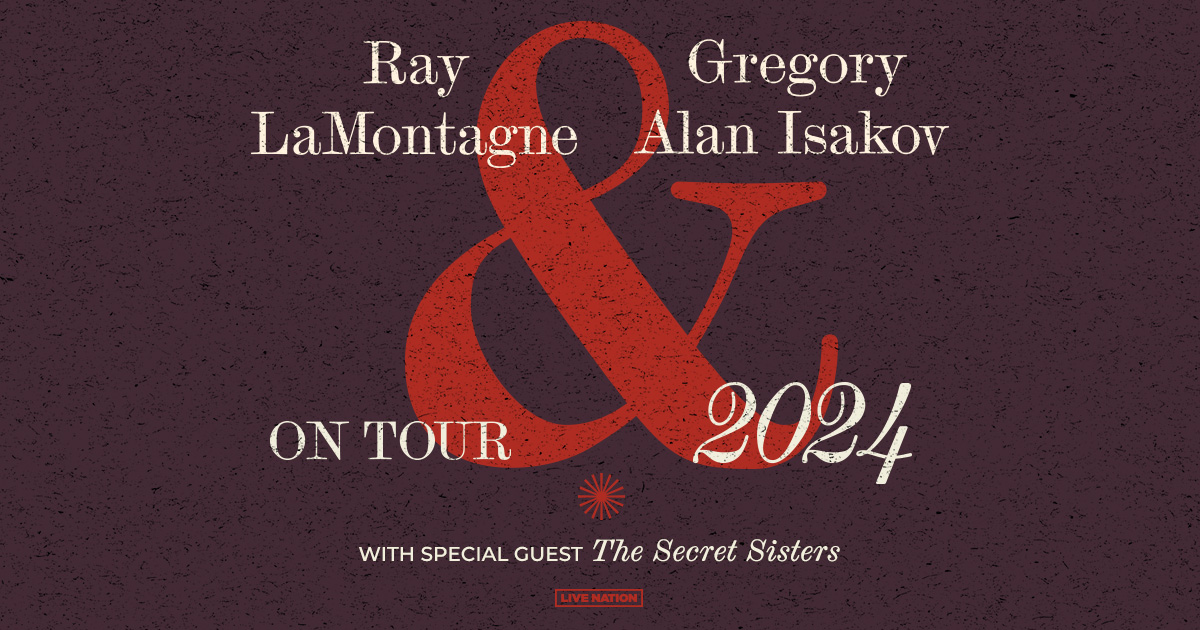
(CelebrityAccess MediaWire) —
Madison Square Garden (MSG) unveiled its proposal on March 21 for transforming the West Side Rail Yards in Midtown Manhattan into a vibrant, multi-faceted neighborhood that addresses the vital needs of the community, while offering city residents the opportunity to enjoy the site's proximity to the Hudson River with free parks and a water-side promenade. MSG outlined a comprehensive development plan for the 13-acre Hudson Rail Yards that was submitted to the Metropolitan Transportation Authority (MTA) as part of MSG's proposal to purchase the air rights and build a platform for development over the rail yards.
Cablevision, which owns Madison Square Garden, bid reportedly in excess of $600 million. The New York Jets bid $720 million while TransGas Energy Systems bid more than $1 billion. Two other bids were submitted, but since they did not include the required $25,000 application fee, they were immediately rejected. Each bid is quite complex, but the winner does not necessarily have to be the highest monetary bidder. It is a political hot bed with a potential stadium receiving the 2010 NFL Super Bowl and being the main venue for a 2012 Olympics.
MSG's plan alleviates taxpayer subsidies, creates enhanced tax revenue, and provides much-needed residential housing as well as retail and open space for the West Side's last great piece of undeveloped property in midtown Manhattan.
"We have created a development plan that truly addresses the needs of the community by providing essential and affordable housing, spectacular open parks, and space for a much-needed elementary school and a library," said Madison Square Garden's Vice Chairman Hank Ratner. "MSG's plan also gives hundreds of millions of dollars to the MTA, generates enormous direct and indirect tax benefits for the City and eliminates the possibility of New York taxpayers paying more than $1 billion in public subsidies. We have in place an expert team and the financing we need to begin this effort immediately."
MSG has worked closely with neighborhood leaders to develop its plan, which features a number of special projects specifically designed to improve and enhance the local community. They include:
- Nearly 6,000 new residential units in a market that is facing a housing crisis;
- Rental units for low- to moderate-income New Yorkers, allowing the city's teachers, firefighters, police and other public servants to afford to live in Manhattan;
- A public five-acre park that opens up Manhattan's west side with a promenade that connects 11th Avenue to the Hudson River waterfront;
- A "performing arts enclave" with commercial space dedicated to the designers, artists and producers to support nearby theatre productions;
- A much-needed, public elementary school to serve children of the local community;
- A state-of-the-art library with the latest modern digital technology, built near the new school for easy access by community residents;
- A 750 room hotel that will be moderately priced and located at the corner of 11th Avenue and 33rd Street, providing affordable and easy access for visiting conventioneers to the expanded Javits Center across the street; and
- Community-oriented retail space along 11th Avenue that will be developed to enhance the local aesthetics and provide improved local access to high-quality food, goods and services.
The benefits of MSG's bid and development plan are significant:
- Provides a substantial direct benefit to the MTA, for valuable development rights over the rail yards, to help lower the MTA's current budget crisis;
- Avoids the use of public subsidies, saving City and State taxpayers more than $1 billion;
- Delivers a dynamic, multifaceted, new community on the West Side instead of a proposed football stadium albatross that a majority of New Yorkers have repeatedly indicated they do not want and do not wish to pay for;
- Marks a significant investment in New York City and provides thousands of construction jobs per year over 12 years – a considerably longer time frame than that proposed by the stadium project;
- Forms a community that, once built, will generate more than 13,000 permanent jobs for the City of New York;
- Complements and supports, rather than overwhelms and displaces, activities at the adjacent expanded Javits Convention Center; and
- Places the new Javits Center among the top tier convention destinations, by providing plans for a new hotel; commercial and retail space; and a thriving residential community.
–Bob Grossweiner and Jane Cohen





















